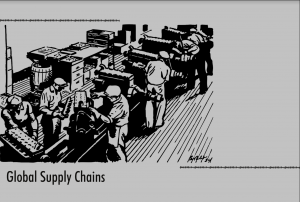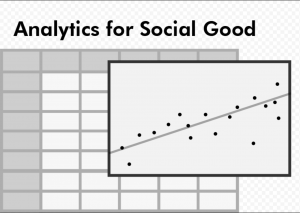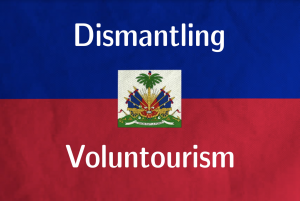The COVID-19 pandemic rages unabated in the United States and around the globe, posing severe threats to the lives of billions, among the most harmed being Black, Indigenous, and Hispanic communities. Wildfires have burned down millions of acres across the West Coast as climate change prevention has stalled. Coastal communities are about to face the worst of hurricane season, which has already flooded swaths of the Gulf. Everywhere one looks, the consequences of poor global health have never been more apparent.
In response to these calamitous events, our team of editors and designers has worked since the spring to bring together the NURJ Summer 2020 Global Health package. We created a package of six theses showcasing Northwestern undergraduates’ research into a diverse selection of global health issues most relevant to us today. From Voluntourism to Human Trafficking, our researchers forayed into problems, initiatives, and policies from across the globe. We included Q&A sections with the authors to better contextualize students’ motives and experiences to our readers.
Although the world is facing a slew of challenges, halting the livelihoods of all, the research presented in this package reminds us that analytical rigor, determined methods, and bold exploration can diagnose problems and propose solutions. It is our hope that readers will become inspired to learn more about health, both at home and abroad, and to chart their own paths forward as researchers, individuals, and citizens.
Lydia Rivers
NURJ Online Editorial Managing Editor
Shreyas Iyer
NURJ Online Editorial Associate Managing Editor







